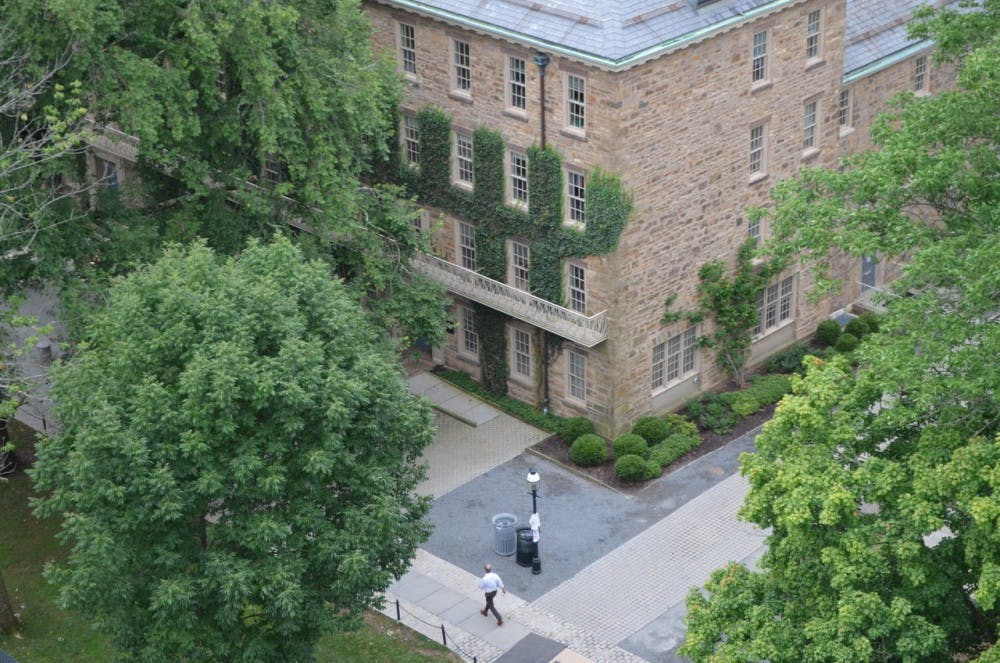As part of broader anti-racist initiatives announced in June, the University launched the RISE (Recognizing Inequities and Standing for Equality) program. Intended to facilitate research and conversation on topics of racial justice, this year’s RISE program culminated in a series of mini-symposia held the week of Sept. 28.
The RISE program consisted of $1,500 grants awarded to currently enrolled undergraduate and graduate students to conduct projects related to racial justice. The students collaborated with on-campus partners, as well as other communities. RISE Fellows were expected to engage in at least 100 hours of project-related work over the course of three to six weeks.
At the mini-symposia, RISE Fellows presented on the projects they engaged in, which ranged from investigating Native American admissions at Princeton to working with a design studio to better present basic information on unjust policing to assisting researchers in displaying racial inequities in air quality.
RISE Fellows also participated in weekly discussions, which many participants identified as a crucial part of the program. Jessica Lambert ’22 told The Daily Princetonian that she “learned so much through weekly conversations and the articles and videos that we watched.”
Tamilore Ajeigbe ’21 served as a Peer Facilitator for the program. She told the ‘Prince’ that although conducting the program over Zoom contributed to some initial awkwardness, it was still effective.
“Week one was very awkward, because it’s like the first time any of us had ever seen each other,” she said. “But I think the intention was clear from the beginning … I think it started off strong and became stronger.”
Keely Toledo ’22 echoed the strength of the program, saying that “you definitely saw the thought of the people who chose the videos we watched and the things we read.”
One of the purposes of the RISE program was to acknowledge and draw attention to conscious and unconscious biases BIPOC face. Participants agreed it succeeded, though to varying degrees.

Toledo, whose joint project with Lambert on Native American admissions will produce a report for the University’s Undergraduate Admission Office, expressed her gratitude for participating in the program.
“Our project, in particular, gave us a chance to pursue work that we found very meaningful,” she said.
Toledo also appreciated that the University compensated her anti-racist work.
“One thing that I really appreciated was that this was a paid fellowship. Stipends and being compensated financially is very much appreciated,” she said.

Ajeigbe, however, told the ‘Prince’ that “people who are aware [of systemic racism] signed up, and people who didn’t want to know didn’t sign up.”
Participants in the RISE program agreed the University should continue such efforts.
“Princeton needs to do a lot more when it comes to racial justice, but this is a good place to sort of start jumping off from and getting students engaged in and talking about racial justice,” Lambert said.








